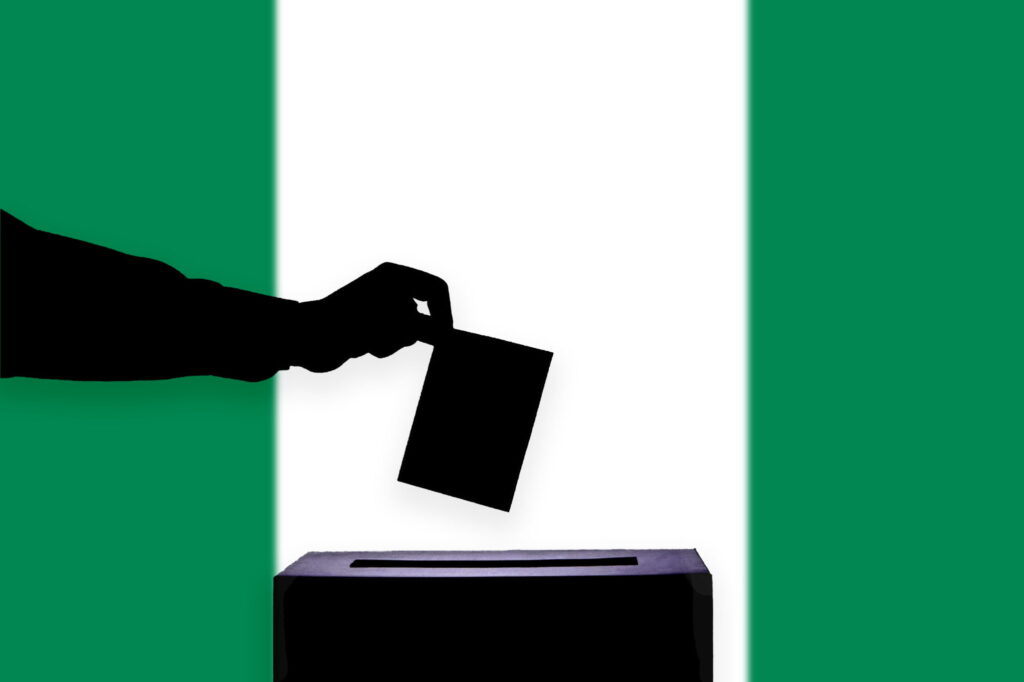The People’s Democratic Party (PDP) has been embroiled in a heated debate over zoning its presidential ticket for the 2027 general elections. The party’s decision on zoning will significantly impact its chances of winning the presidency and maintaining its relevance in Nigerian politics.
Recently, on the debate over zoning in Nigeria’s most prominent opposition party, Minister of the Federal Capital Territory, Nyesom Wike, sparked controversy by insisting that the party should zone its 2027 presidential ticket to the south.
He argued that this decision would prevent the party from making the same mistake it made in 2023, which led to widespread dissatisfaction among party members. He emphasized that zoning the ticket to the south would avoid internal conflict and backlash, ensuring the party’s unity and strength.
On retaining the choice of Atiku Abubakar, Wike’s comments have significant implications for former Vice President Atiku Abubakar, who has expressed his intention to continue contesting for the presidency. If the PDP opts to zone the ticket to the south, Abubakar would be ineligible to run under the party’s platform, potentially altering the party’s dynamics and chances in the 2027 elections.
The PDP’s zoning decision will be a crucial factor in determining the party’s success in the 2027 general elections. As the party deliberates on this issue, it’s essential to prioritize national unity, party cohesion, and electoral strength.
A well-considered decision on zoning can help the PDP build a stronger, more inclusive, and more competitive platform for the forthcoming elections.The Peoples Democratic Party (PDP) is at a critical juncture as it grapples with the decision of zoning its presidential ticket for the 2027 general elections.
This decision will not only shape the party’s chances of winning the presidency but also determine its relevance in the Nigerian political landscape. The debate over zoning has sparked intense discussions among party members, with some advocating for a southern presidential candidate, while others push for a northern candidate or an open contest.Clearly, decision on zoning can prevent internal conflicts and promote party cohesion.
By settling on a zoning formula, the party can avoid the kind of infighting that plagued it in previous elections.Consequentially, it can promote national unity by ensuring representation from different regions. And by rotating the presidential ticket between the north and south, the party can demonstrate its commitment to inclusive and fairness.
As it is, zoning is political strategy in Nigeria where parties agree to rotate their presidential and vice-presidential candidates between the north and south of the country. This approach aims to promote national unity by ensuring that neither region is permanently excluded from power. In the past, the party had, through zoning, balance its ticket and appeal to different regions, but its current decision may have far-reaching implications on its future.
The party’s decision on zoning can impact its chances of winning the presidency and maintaining its relevance in Nigerian politics. A well-considered zoning decision can help the party build a stronger, more inclusive, and more competitive platform for future elections.
The debate over zoning in the PDP has been fueled by recent comments from PDP’s Minister of the Federal Capital Territory, Nyesom Wike. Wike has insisted that the party should zone its 2027 presidential ticket to the south, arguing that this decision would prevent the party from making the same mistake it made in 2023.
According to Wike, zoning the ticket to the south would avoid internal conflict and backlash, ensuring the party’s unity and strength.Wike’s comments have significant implications for former Vice President Atiku Abubakar, who has expressed his intention to continue contesting for the presidency.
If the PDP opts to zone the ticket to the south, Abubakar would be ineligible to run under the party’s platform, potentially altering the party’s dynamics and chances in the 2027 elections. This development has sparked a heated debate among party members, with some supporting Abubakar’s candidacy and others advocating for a southern candidate.
What is more, it is needful for the nation’s main opposition party, to conduct a national survey to determine the preferences of its members and supporters. This would help the party make an informed decision that reflects the will of its stakeholders.
Shouldn’t the PDP, with its opposing capacity, have considered its history and the necessity of its zoning decision, by learning from its past experiences, making decisions that promote national unity, party cohesion, and electoral strength?However, zoning the presidential ticket to the south could prevent Atiku Abubakar from contesting and potentially boost the party’s chances in the region. However, this decision could also alienate northern voters and create divisions within the party.
On the other hand, north zoning could appeal to northern voters and promote party unity in the region. However, this decision could also spark opposition from southern voters and create tensions within the party, allowing an open contest which could lead to a more competitive primary and give the party a chance to select a strong candidate.
However, this approach could also exacerbate internal divisions and create uncertainty about the party’s chances in the general elections.As a matter of fact, the decision will be a crucial factor in determining the party’s success in the 2027 general elections. As the party deliberates on this issue, it’s essential to prioritize national unity, party cohesion, and electoral strength. A well-considered decision on zoning can help the PDP build a stronger, more inclusive, and more competitive platform for the forthcoming elections.
Ultimately, the party’s decision on zoning will shape its future and determine its relevance in Nigerian politics.As the PDP grapples with the zoning decision, it’s most essential for the party to engage with stakeholders, including party members, supporters, and other interest groups, as this would help the party build consensus and ensure that its decision is widely accepted.
•Ayodele Adebayo, a Political Scientist, writes from Cotonou, Republic of Benin.















